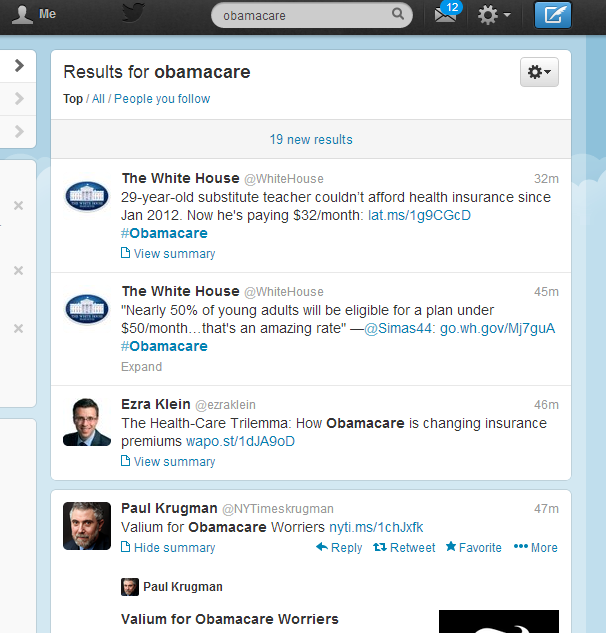Obamacare Hearing Gets Loud: Rep. Bill Pascrell Slams Republicans Over Continued Health Care Reform Opposition

As congeniality wanes on Capitol Hill, a Democrat from New Jersey attacked Republican leadership Monday over America’s 17 million children with pre-existing medical conditions.
Rep. Bill Parscrell leapt over Republicans defending alternative plans to help insure sick children, should the GOP eventually succeed in gutting provisions of the Affordable Care Act of 2010, which forbids private insurers from discriminating against the sick. In dramatic fashion, Parscrell railed at Republicans during a hearing Monday of the U.S. House Ways and Means Committee.
“What are you going to do about the approximately 17 million children with preexisting conditions who can no longer be denied health insurance coverage,” Parscrell asked Republicans on the committee. “We want to go back and want to say you are no longer covered any longer—are you going to tell the parents of those kids?”
Attempting a response, Rep. Tim Griffin, a Republican from Arkansas, cited GOP proposals to cover uninsured individuals with pre-existing conditions. “You asked a question and I’m going to answer it,” Griffin said. “It’s a false choice to say it’s Obamacare or nothing. There are numerous proposals.”

As the joke goes, Republicans were for health care reform before they were against it — an irony seen in last year’s presidential campaign as GOP nominee Mitt Romney distanced himself from health care reforms he’d implemented as governor of Massachusetts, which later served as a template for Obamacare. In an editorial in The Washington Post on Friday, Michael Gerson, a former speechwriter for President George W. Bush, urged Republicans to unify on a Republican-branded version of health care reform, an Obamacare Lite.
Gerson asserted that American conservatives oppose Obamacare not from spiteful wishes to deny healthcare to the uninsured but on pure policy. A Republican plan following possible repeal of the Affordable Care Act would include a universal credit for Americans not covered by a large employer, in addition to protections for the uninsured from catastrophic expense. In essence, conservatives wish to strip federal law of the requirement, upheld last year in a controversial 5-4 vote by the U.S. Supreme Court, that Americans purchase health insurance or face a so-called tax.
"Conservatives do not (or should not) oppose Obamacare because they want fewer Americans to receive health care," Gerson said. "But making this clear requires an alternative that covers more people at a lower cost, without all the regulations, taxes and mandates of the current system."
Thus far, Parscrell and other Democrats in the House remain unconvinced. “Are you serious what you just said? Are you really serious? After what we’ve gone through and what we’ve gone through in the last three-and-a-half years?” Parscrell said at the hearing. Can you “say that you had a legitimate alternative after these years?”
Although Washington Republicans, aside from movement conservatives in the Tea Party, have yet to agree on any health care reform alternative to Obamacare, Griffin last week announced his support for The American Health Care Reform Act, which would allow private insurers to deny coverage to people with pre-existing conditions while providing “federal support for state high-risk pools to $25 billion over 10 years.”
Essentially, the proposal would cap federal liability for such insurance, pushing the onus to fund onto the states, while still allowing private insurers — the middlemen making money — to conduct business as usual.
Sen. Bernie Sanders, a Democrat from Vermont pushing for universal expansion of Medicaid, on Monday criticized profits realized by the U.S. health care industry, as Americans spend nearly twice as much per capita as any other nation.
“As a result of an incredibly wasteful, bureaucratic, profit-making and complicated system, the U.S. spends 17% of its gross domestic product – approximately $2.7 trillion annually – on healthcare,” he said. “While insurance companies, drug companies, private hospitals and medical equipment suppliers make huge profits, Americans spend more and get less for their healthcare dollars.”
Since the enactment of the Affordable Care Act, the House has voted 48 times on attempts to repeal the law.
Below is a video clip of the confrontation between Reps. Parscrell and Griffin at Monday's hearing, uploaded to YouTube:



























